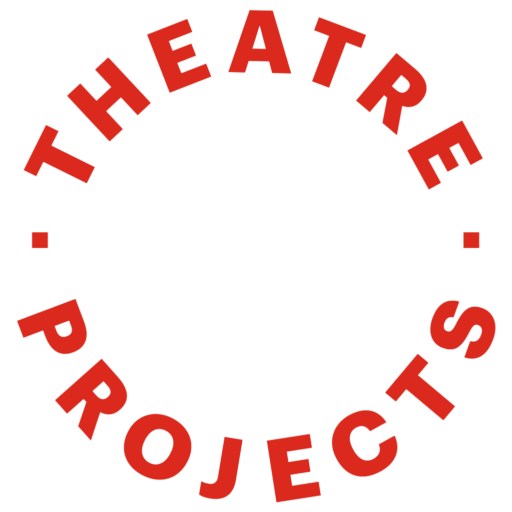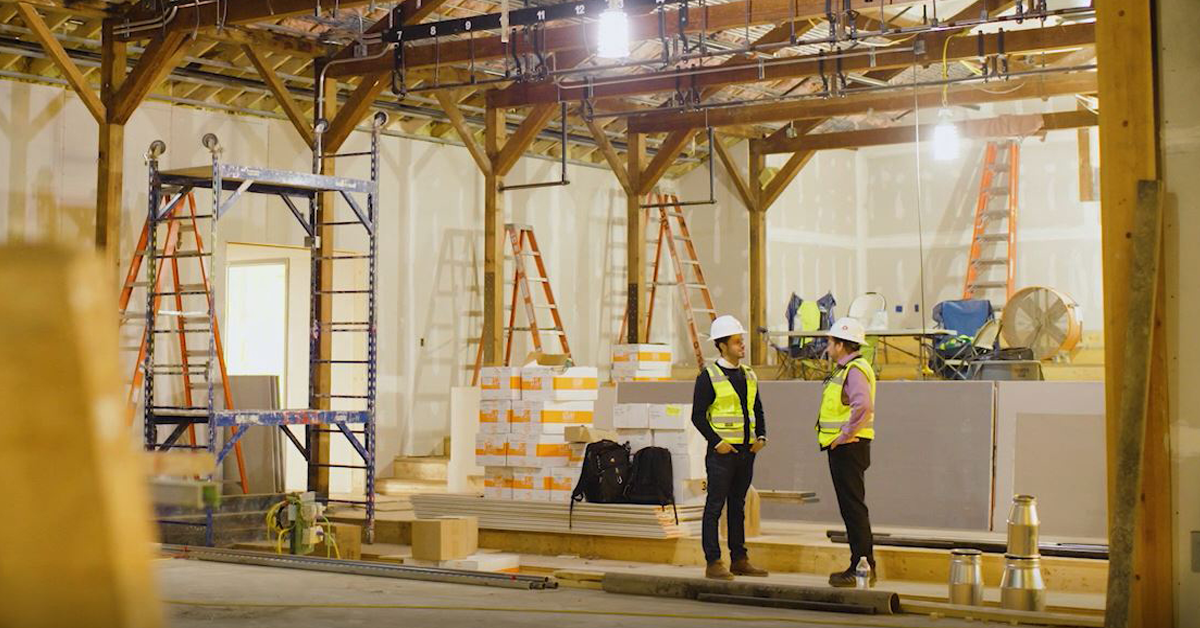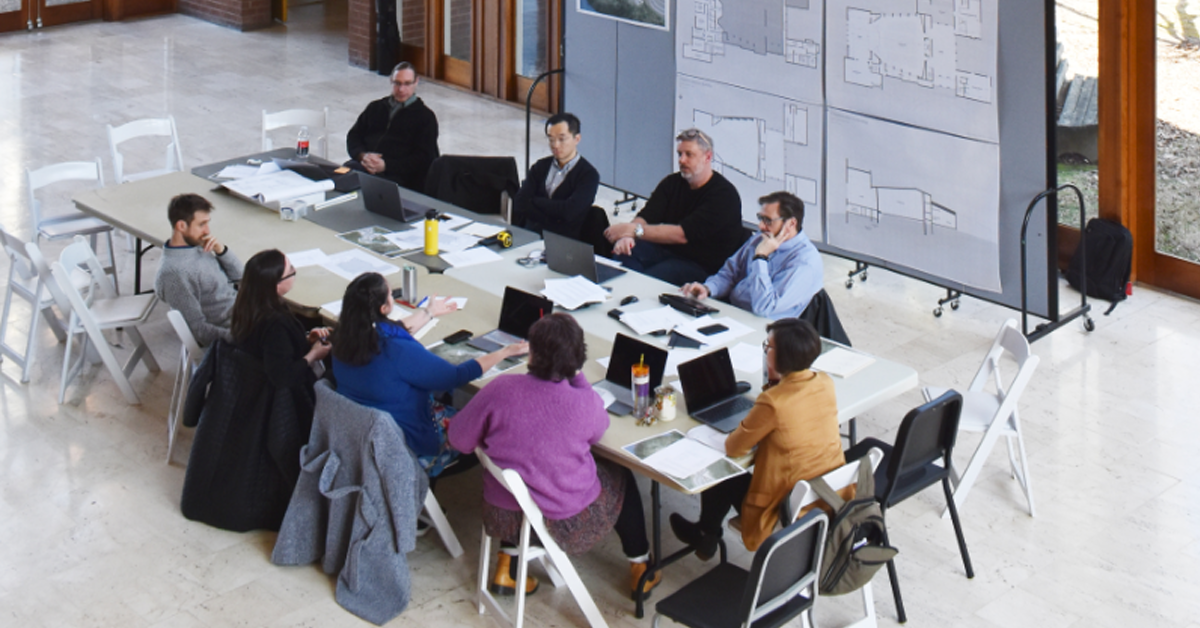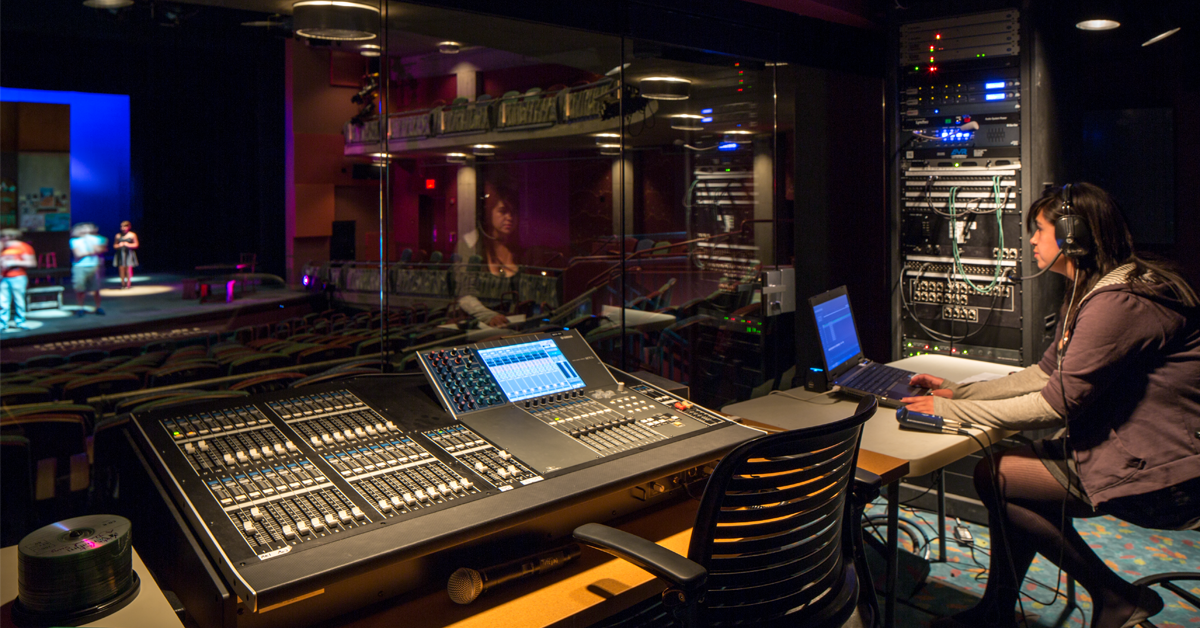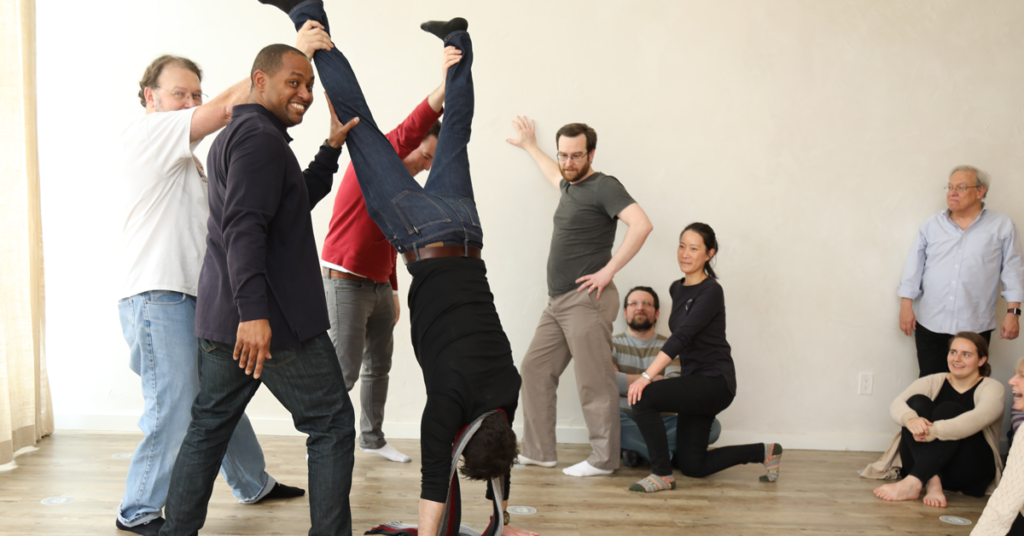This article is part of an ongoing series from our head of people, diversity, and inclusion on the ways Theatre Projects tries to best serve its employees and the communities in which we all live and work.
I’ve held several different positions at Theatre Projects, but when I was asked to take on a new role here as head of people, diversity, and inclusion, I hesitated. My background was in stage management, production management, business management, and company management. What did I know about HR?
A decent amount, as it turns out.
As general manager Daniel Ordower wisely pointed out to me, my theatre background had provided loads of experience that would be vital to the new role. Some examples:
- Stage managers document and communicate schedules and direct decisions like blocking and actor notes. Human resources professionals document and communicate executive management decisions like benefits elections and employment policies.
- Production managers coordinate, facilitate, and sometimes mediate interdepartmental communication. Same with HR.
- Company managers handle contracting, onboarding, and payroll. Ditto HR…. Are we seeing the pattern here?
It’s not a new idea that the skills that make someone successful in another career can transfer directly to theatrical consulting. As part of reviewing hundreds of resumes a year, I routinely identify which theatre, touring, arts management, installation, and venue management roles are most compatible with a particular open position at TP. Performing arts industry roles are great shorthand when I speak with hiring managers about what skills and ineffable qualities a person needs to be successful on their team. “Oh, so you’re looking for production manager budgeting and technical knowledge with nonprofit arts fundraising charisma? Got it, I have some resumes for you.”
For some reason, I had never fully applied that shorthand to my own experience and skills, and it occurred to me that I might not be the only one. So, let’s do a walk-through of what we look for when we’re adding a new person to our team.
Technical prowess
The most immediately visible parts of our work are design-oriented and technical—rigging system design, auditorium design, and AV system design, to name a few. That work is well served by having experience in any aspect of technical theatre production; scenic, performance lighting, or architectural design; system design, installation, or integration from a variety of disciplines; or the mechanical, structural, or electrical engineering disciplines.
People skills
A significant amount of theatre consulting work relies heavily on identifying client wants and needs (and recognizing the difference). That can mean guiding clients through complex processes and fostering transparent, effective communication. Although hard to quantify, success in these areas often comes from experience in arts management, venue operations management, touring coordination and routing, construction management, artist management and representation, stage management, or front-of-house operations. These areas of expertise aren’t usually considered technical or design-oriented, but they’re vital to effectively servicing the project’s goals.
Business acumen
And let’s not forget that theatre consulting firms are businesses. As such, they rely on their administrative and executive teams to act as internal consultants to the practice, providing seamless business management in finance and accounting, human resources, information technology, marketing, sales, and executive management. Experience and expertise in these functional areas can come from almost any industry and be transferred directly to the successful management of a theatre consulting firm.
Let’s take a look at how your current skills might translate into theatre consulting work.
Transfer these skills directly
- Proficiency in software programs (Revit, BIM360, AutoCAD, Inventor, Enscape, Rhino, Solidworks, Sketchup, Ease, SoundVision, Zbrush, and many others)
- Technical knowledge of lifts, rigging, AV, performance sound, performance lighting, or projection
- Specification and technical writing
- Architectural knowledge
- Engineering knowledge (mechanical, structural, or electrical)
- Business management functional area knowledge (finance and accounting, human resources, information technology, legal, contracts, marketing, sales, IT, or executive management)
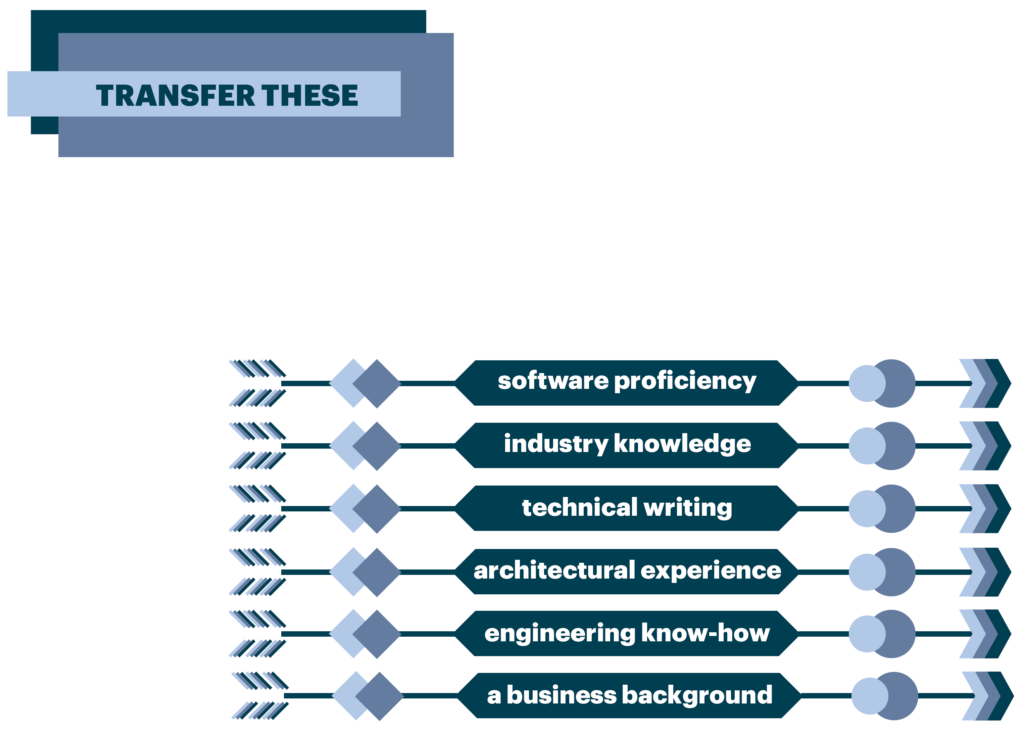
Transform these skills into something new
Management knowledge from non-profits, arts organizations, artist representation, the touring industry, booking, or routing becomes:
- Interactive visioning work with Boards
- Venue programming
- Strategic planning advice
- Booking services
- Staffing advice
Operations knowledge from venue operations, shop operations, touring, ticketing, or front-of-house becomes:
- Operations management advice
- Volunteer management workshopping
- Staffing advice
- Guest experience advice
- Flagging scheduling conflicts
Production knowledge from producing and running live events becomes:
- Identifying the real-world needs of various performing arts forms for clients
- Equipment advice
- Technical direction services
- Flagging logistics pinch-points
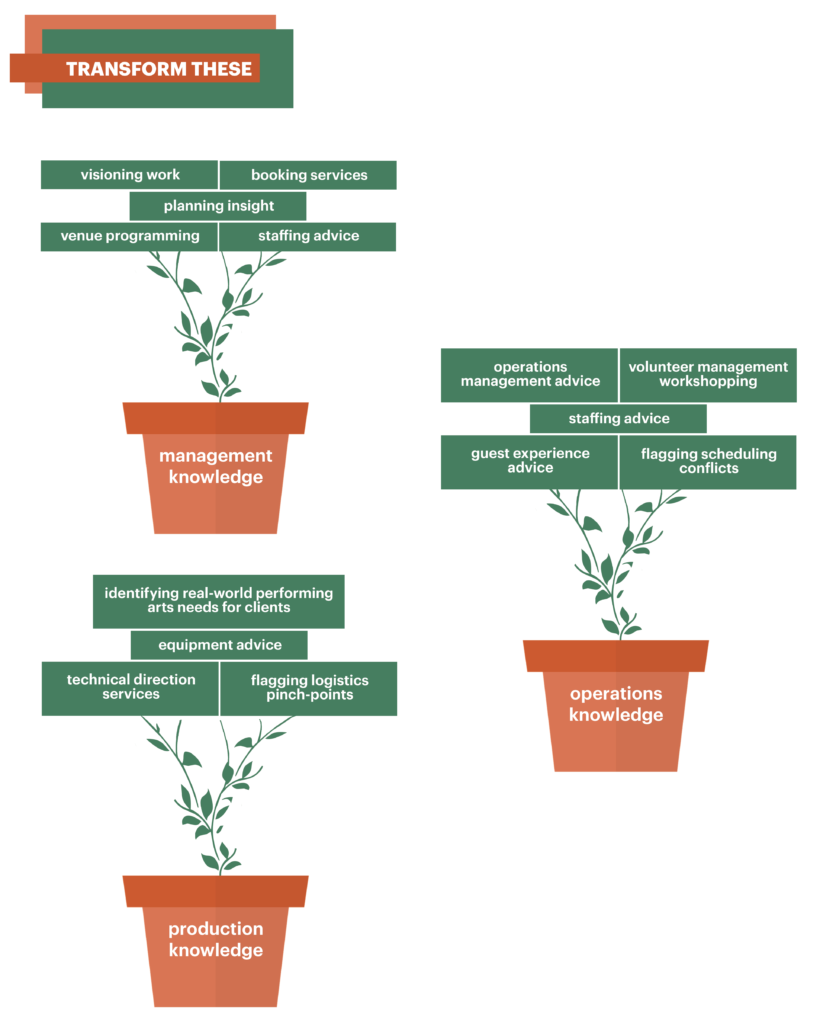
One of the most important things we do for our clients is to customize how we adapt our resources, skills, and abilities to their specific needs and aspirations. If you don’t see your exact skillset and experience listed in this article—and you’re interested in a position in the theatre consulting industry—write your own brief. When you apply to an open position, tell the hiring manager how your experience transfers or transforms into something valuable to the team. We do that all the time with our clients; we’ll recognize (and appreciate) it instantly.
I’ve officially lived in the head of people, diversity, and inclusion role for a while (although I did perform the work without the title for many years—more on that another time). While studying toward earning my Senior Certified Professional certification from the Society of Human Resources Management, I found that my varied theatre and business background had prepared me extremely well for this role. And it continues to serve me daily in work with my clients: TP’s team of passionate, creative people. Take a new look at your own background—I think you might find that you’re prepared to take on a variety of new roles in industries you may not have considered.

